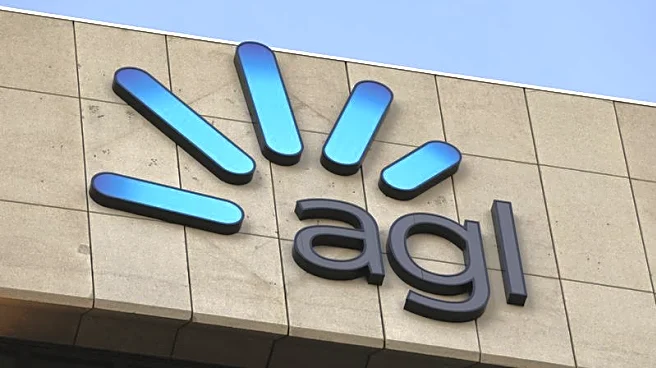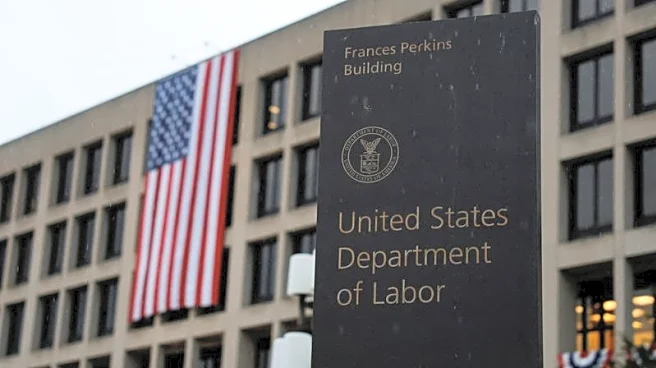What's Happening?
Colombian President Gustavo Petro has ordered a cessation of intelligence sharing with the United States in response to U.S. strikes on suspected drug-running boats. These strikes, which have resulted
in numerous casualties, are part of a U.S. campaign framed as a national security measure to combat narcotics trafficking. However, critics argue that the strikes constitute extrajudicial killings and are aimed at undermining Venezuelan President Nicolás Maduro. Petro's decision marks a significant shift in Colombia-U.S. relations, traditionally characterized by close cooperation.
Why It's Important?
The suspension of intelligence sharing between Colombia and the U.S. could have significant implications for regional security and the fight against drug trafficking. The move reflects growing tensions over U.S. military actions in the Caribbean, which are seen by some as overreaching and potentially violating international law. This development could strain diplomatic relations and impact collaborative efforts to address narcotics trafficking, a major issue affecting both countries. The situation also highlights the broader geopolitical tensions involving Venezuela and U.S. foreign policy in Latin America.
What's Next?
The U.S. is likely to continue its military presence in the Caribbean, with increased naval deployments. The ongoing tensions may lead to further diplomatic negotiations or adjustments in U.S. strategy. Colombia's stance could influence other regional allies and affect the dynamics of international cooperation against drug trafficking. The situation warrants close monitoring as it evolves, with potential repercussions for U.S. influence in the region.











